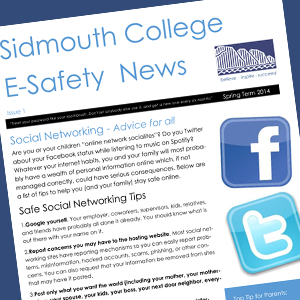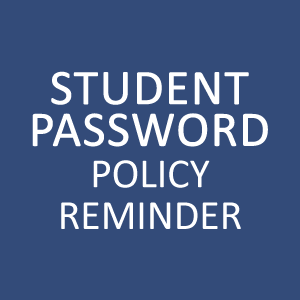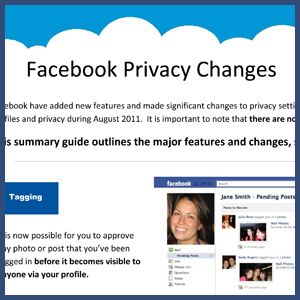Safeguarding: E-safety
New technologies are now a normal part of everyday life. The internet and other digital and information technologies are powerful tools which open up new opportunities for everyone. Likewise, electronic communication helps teachers and students learn from each other.
These technologies can be used positively to stimulate discussion, promote creativity and increase awareness of context to promote effective learning. However, it is important that you access and use the internet in a safe manner at all times. Online dangers can include:
- Access to illegal, harmful or inappropriate images or other content
- Unauthorised access to/loss of/sharing of personal information
- The risk of being subject to grooming by those with whom you make contact on the internet
- The sharing/distribution of personal images without your consent or knowledge
- Inappropriate communication/contact with others, including strangers
- Cyber-bullying
- Access to unsuitable video/internet games
- An inability to evaluate the quality, accuracy and relevance of information on the internet
- Plagiarism and copyright infringement
- Illegal downloading of music or video files
- Excessive use which may impact on your social and emotional development and learning
At Sidmouth College we have embedded e-safety within our curriculum so that you are regularly ‘drip fed’ current e-safety issues along with strategies to keep safe when online. During morning tutorials our tutors regularly discuss current e-safety issues with their tutor groups, the ‘Personal Development’ curriculum addresses a range of e-safety issues throughout the year (as does the ‘Computer Studies’ curriculum) and on ‘Safer Internet Day’ each year, the College delivers e-safety ‘video’ messages throughout the day in each lesson.
Useful links from our last two ‘Safer Internet Days’ can be found here:
Safer Internet Day
What to do if you are worried about your e-safety
In the first instance, you can speak to your tutor. He or she will be able to offer support and advice.
If you need to access advice online at home, you can do so by following the link to Get Safe Online
In the first instance, you can speak to your tutor. He or she will be able to offer support and advice.
If you need to access advice online at home, you can do so by following the link to Get Safe Online










